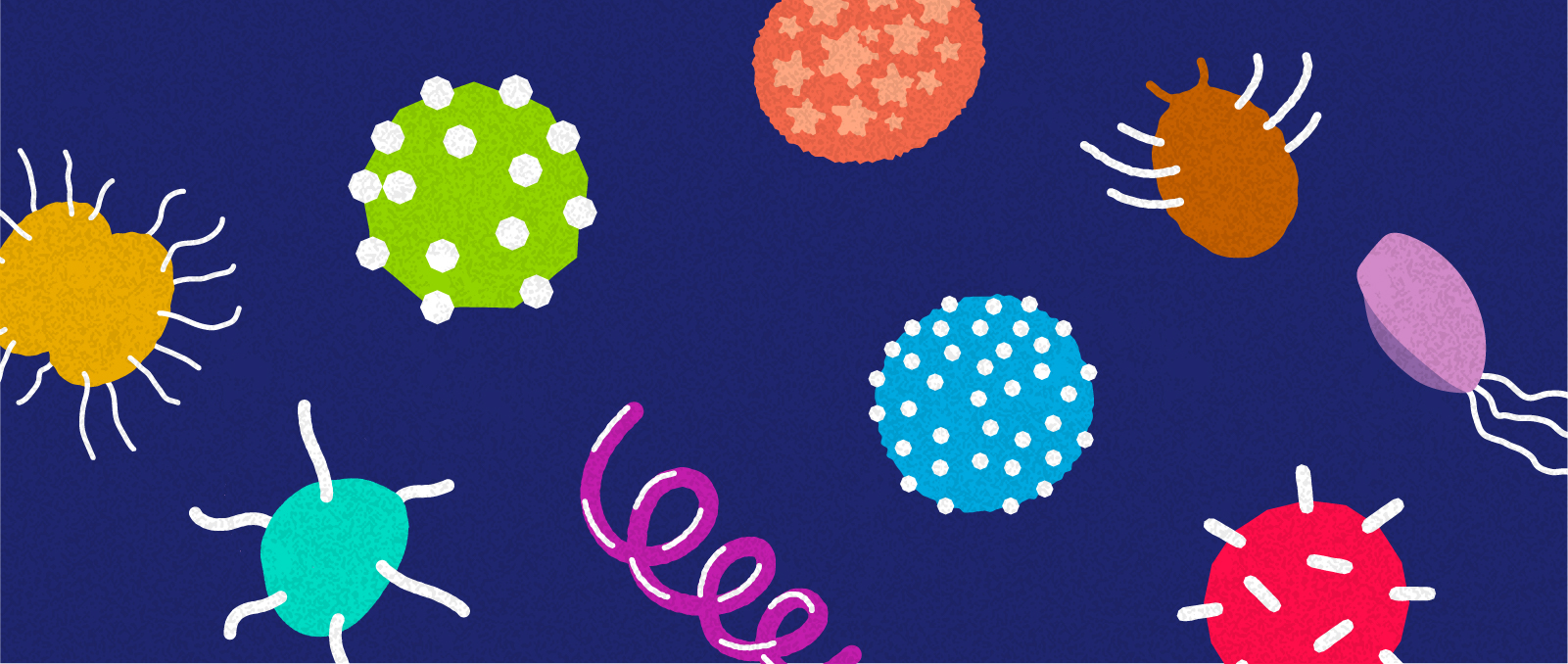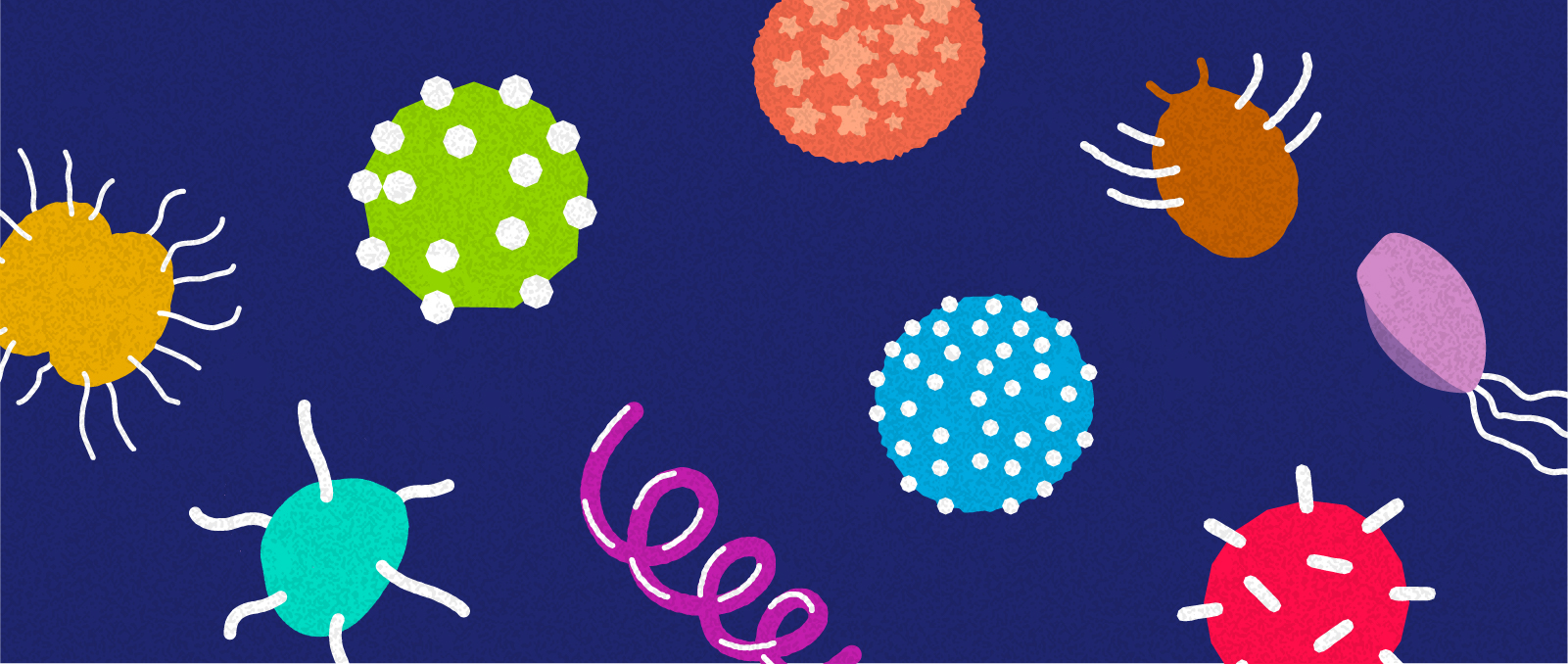Hepatitis is the medical term for inflammation of the liver. Hepatitis can be caused by liver damage by drinking alcohol or through viral infections which and can be transmitted through sexual activity.
There are various types of viral hepatitis, but only hepatitis A, B, and C can be transmitted through unprotected sexual activity. Hepatitis A virus can be passed on through unprotected anal or oral sex as it is present in the poo of an infected person. The hepatitis B virus is found in the blood and bodily fluids such as semen and vaginal fluids of an infected person and can be passed on during unprotected vaginal, anal, and oral sex, pregnancy, and sharing needles to inject drugs. The hepatitis C virus is mostly transmitted through the blood of an infected person, with sexual transmission possible, but not common.
Symptoms
It can be common for hepatitis to have no noticeable symptoms, so you may not be aware that you have it. However, early signs can include flu-like symptoms such as:
- Muscle and joint pain
- Headaches
- Feeling sick
- High temperature
- Feeling tired
- Jaundice (yellowing of the skin and eyes)
Some types of hepatitis can pass without affecting the liver, while others may become chronic lasting for years or may cause cirrhosis (scarring of the liver). Chronic hepatitis symptoms include:
- Constant tiredness
- Jaundice
- Depression
- Generally feeling unwell
Testing
To test for hepatitis a healthcare provider will take a blood sample to test that will indicate if your immune system is trying to fight the virus. Your liver function may also be tested through an ultrasound scan or a liver biopsy (a sample of liver tissue is collected for testing).
If you test positive for hepatitis your healthcare provider may prescribe antiviral medication. If your test is positive for hepatitis C you will be referred to a specialist for treatment options. Treatment can be more effective the sooner it is started.
Treatment
For many types of hepatitis there is no treatment, however symptoms can be managed with antiviral medication or painkillers such as ibuprofen. Resting and staying hydrated are important, especially resting the liver by avoiding drinking alcohol.
It's important that your current sexual partner and any other recent sexual partners you have had are also tested and treated.
Prevention
There are several ways to reduce the risk of infection and protect yourself and your sexual partners from hepatitis. Hepatitis A and B can be prevented by vaccination, but not hepatitis C. Often a combined vaccine for hepatitis A and B is available, however recommended vaccination differs country-by-country. When used correctly and consistently, condoms are one of the most effective methods of protection against hepatitis and other STIs.
Learn more about different types of STIs and their symptoms, treatment, and prevention
when
Subject
HIV and STIs










